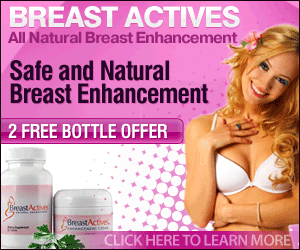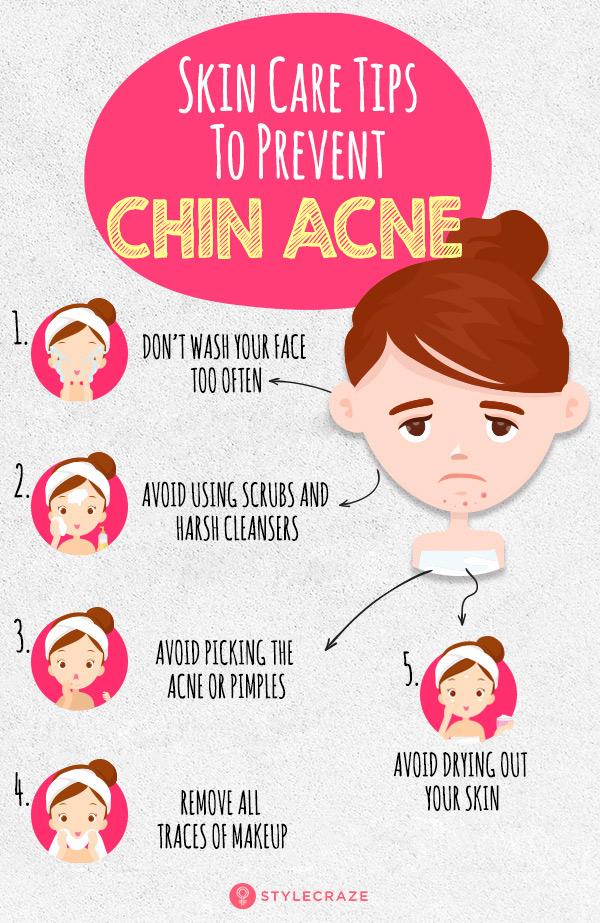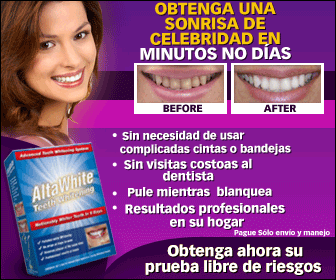Acne or acne vulgaris influences around 50 million Americans yearly, and 85% of them (between the ages of 12 and 24) establish minor acne ( 1 ). Though you can burst out on any type of component of your face, chin acne and outbreaks along the jawline prevail. And it is connected with your hormone degrees ( 2 ).
This post checks out the reasons for acne or acnes on your chin, exactly how to treat them, skin care, and the appropriate diet and nutrition tips. Scroll down to find out more concerning how to remove chin acne.
In This Article
What Does Acne (Or Pimple) On Your Chin Mean?
If you are aware of the acne face map , you know that the distribution of acne lesions i X An uncommon architectural adjustment in tissue inside or outside the body caused by damages or trauma that may be benign or deadly. is controlled by a number of factors, depending on where you get them. Usually, acne on your chin and jawline is related to your hormonal agent levels ( 2 ).
The endocrine system is responsible for producing hormones. When it creates excess of androgens (a group of hormonal agents), the sweat glands come to be overactive, which causes hormonal acne or acne breakouts.
Likewise, during your menstrual cycle, the hormonal agent production in your body boosts. Your hormonal agent degrees additionally go haywire when you take progestin-only contraceptive pill.
A pimple or acne on the chin is very common, particularly on acne-prone skin. However, not all pimples on the chin become cystic acne i X An inflammatory problem that causes excruciating pus-filled pimples to form deep under the skin., which is a serious sort of acne.
You get pimples when the dead skin cells, sebum, and dirt clog your pores . Usually, bacteria obtain entraped in the pores, causing swelling and redness. When the amount of inflammation and the number of germs rises, a smaller acne sore may come to be cystic acne on the chin.
Several factors may cause hormonal fluctuations in your body, leading to chin acne.
What Are The Causes Of Chin Acne?
Chin acne is a prevalent skin problem characterized by the appearance of acne lesions on the chin area. It is generally caused by a combination of aspects, including inflammation, excess oil production, the build-up of dead skin cells, the existence of microorganisms, hormone changes, hereditary proneness, and increased levels of tension.
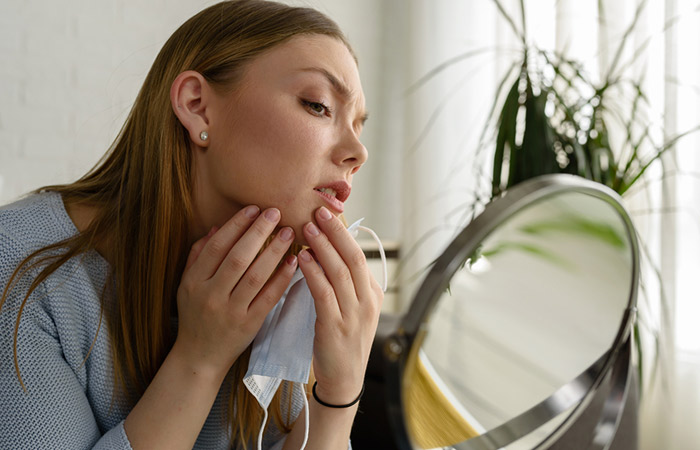
1. Contraceptive Pills
Birth control pills can help in treating acne . The hormones present in the tablets reduce the androgen levels in your body, which, in turn, minimize sebum manufacturing and control acne.
However, once you stop taking the pills, your androgen levels spike up, and this causes excess sebum production.
A study done on 336,738 individuals making up female individuals matured between 12 and 40 years reveals that contraceptive implants may create acne. Of the contraceptives used, the danger ratio was 1.14 for copper IUD, 1.09 for levonorgestrel IUD, 0.83 for etonogestrel dental implant, and 0.70 for DMPA injection.
If you have stopped taking the pill recently and experienced a few breakouts, you know who the culprit is.
2. Psychological Stress
Are you stressed? If yes, you are at risk of developing stress acne. Stress increases sebum production and exacerbates acne ( 3 ). Sleep deprivation can also increase psychological stress and insulin resistance ( 4 ). Both these factors can cause acne.
Attempt to bring your stress and anxiety degrees down. Technique reflection, workout, or indulge in a task that interests you. Likewise, boost your rest high quality if you are sleeping for much less than 5 hours everyday. This might aid manage your acne.
Quick TipBreathing workouts, yoga exercise asanas, cardio and stamina training, dancing, and swimming are fantastic tasks to relieve tension, so they might assist manage acne on the chin.
3. Menstruation
You may notice pimples appearing on your chin just 2 weeks prior to your periods schedule. This is when the production of estrogen and progesterone boosts (to prepare the uterus for maternity). The increased hormone levels in your body stimulate the sebaceous glands and cause excess oil production.
However, not all bumps that you get on your chin are acne. In some cases, you may create multiple tiny pus-filled bumps on your face and chin. These look red, similar to pimples, yet they can be due to rosacea i X An inflammatory condition that creates small, red, pus-filled bumps on the nose, cheeks, and temple generally. This is typically gone along with by reddening of the skin around the lesions.
If you make certain that it is acne and intend to eliminate it, you can attempt a few therapy choices. But, bear in mind, not all treatment approaches work for everyone. If you have moderate acne, these therapy approaches will help in reducing their appearance. Nevertheless, if you have serious acne, it is far better to consult a skin doctor.
These are the numerous chin acne causes you need to be aware of. Since you know them, continue reading to learn how to treat the problem.
Related: 13 Best Home Remedies For Menstrual Cramps & Preventive Tips
Types Of Chin Acne
1. Fungal Acne
Additionally described as Pityrosporum folliculitis, this kind of acne happens due to a buildup of yeast in the hair roots. It is come with by swelling and intense irritation.
2. Hormonal Acne
This is the most common kind of chin acne and is an outcome of excess sebum production in the skin and hormone inequality.
3. Cystic Acne
This is defined by the growth of pus-filled nodules deep beneath the skin's surface area, resulting in inflammation of the epidermis (skin's outermost layer).
3. Nodular Acne
This inflammatory acne appears as a hard, irritated, uncomfortable lump under the skin's surface area. The blemishes, unlike various other acne kinds, do not develop a pus-filled head.
Thus far we have actually covered reasons and kinds of chin acne, currently let's keep reading to learn exactly how to treat this typical condition.
Treatment For Chin Acne
1. How To Get Rid Of Chin Acne Or Chin Pimple At Home
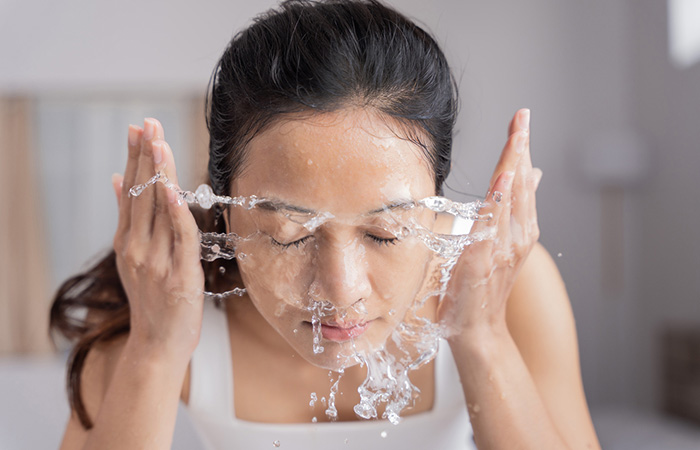
- Wash Your Face With A Mild Cleanser
Go for soap-free cleansers and ones containing ingredients like benzoyl peroxide, salicylic acid, and glycolic acid. These ingredients help break down dead skin cells and dissolve excess sebum from your face without affecting the pH balance of your skin ( 5 ). It is one of the best ways to get rid of pimples on the chin.
Related: What Is Glycolic Acid And How To Use It For Skin Care?
- Apply Ice On the Area
Cover ice in a cloth and use it to the acnes on the chin for a few minutes (not more than 5 minutes). This helps reduce inflammation, pain, and redness. Likewise, remember not to use way too much stress.
Quick TipYou can likewise try a cold compress or cooling gels or creams to soothe the swelling, discomfort, and redness caused by acne.
- Try Over-The-Counter Products
OTC products, such as creams containing benzoyl peroxide (2.5-10%), help reduce inflammation and redness ( 6 ).
Avoid touching or popping acne because it will only heighten the infection. If your acne persists and does not appear to budge, you will require to get in touch with a dermatologist. They may suggest the following therapy choices to lower inflammation and discomfort.
2. Additional Treatment Methods To Try
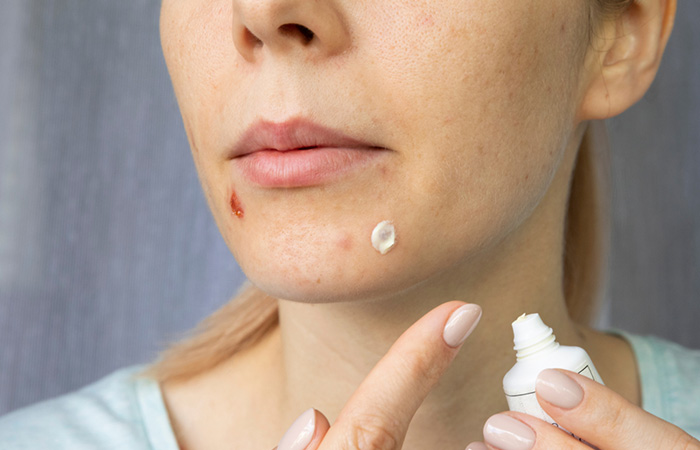
- Topical Ointments
The dermatologist may prescribe topical creams and ointments containing salicylic acid, retinoids i X A course of chemical compounds originated from vitamin A that are made use of in cosmetics to reduce the indications of aging., and benzoyl peroxide and dental anti-biotics. These ointments clear the bacteria, minimize excess oil production, and open clogged pores.
A blog writer shared her experience with hormonal acne that impacted her chin. She says "With the consolidated prescription antibiotics and topical cream, in addition to my brand-new absolutely no coffee policy, my acne slowly but surely vanished. I still had scarring but, for the very first time in actual years, I really did not have any active acne. No cysts, no blackheads, nothing ( i ).”
- Accutane
If you have severe acne, the doctor may also prescribe Accutane or Isotretinoin ( 7 ). However, they will prescribe this option only if all other pimple treatment methods fail.
- Chemical Peels
Chemical peels often help to reduce the appearance of acne, pimples, and acne scars ( 8 ). They are usually performed by a doctor or a qualified skin care specialist.
- Laser And Light Therapy
LED light therapy is one of the most popular non-invasive treatment options for acne ( 9 ). It aids to kill the acne-causing germs and decrease inflammation. The FDA has actually approved using blue light treatments for light to moderate acne. Laser therapy is also utilized for treating moderate to moderate acne (pimples, whiteheads, and blackheads ).
- Surgical Extraction
If the cyst or nodule i X A development of a tiny uncommon mass of round or uneven form that normally develops under the skin. is huge and agonizing, you may require to go through medical extraction. A doctor does this procedure in clinical setups.
Some think the use of crucial oils, like tea tree oil, might help reduce acne in general. However, more research study is required hereof.
You additionally need to establish excellent skin treatment habits to prevent chin acne or chin pimple. Below are a couple of ideas you require to comply with.
How To Prevent Chin Acne Or Pimples: Essential Skin Care Tips
1. Don’t Wash Your Face Too Often
Cleaning your face twice a day with a moderate cleanser is fine. Excessive cleaning and cleaning can leave you with aggravated skin and get worse acne.
2. Avoid Using Scrubs and Harsh Cleansers
Avoid scrubbing too much as it can cause flare-ups and worsen your condition.
3. Avoid Picking the Acne or Pimple
This will aggravate skin irritation and inflammation and may even cause post-acne blemishes
or scarring.
4. Avoid Drying Out Your Skin
Too much oil production is a concern, however dryness can likewise intensify acne. If you are making use of alcohol-based cleansers and astringent lotions and toners, don't fail to remember to moisturize your skin, specifically if you have sensitive skin.
Related: 11 Effective Ways To Moisturize Your Skin Naturally
5. Remove All Trace Of Makeup
You shouldn’t use makeup if you have acne. If you are applying makeup, try using non-comedogenic i X A term used for cosmetic ingredients or skin treatment items that are developed to not clog the pores. items. Make certain to eliminate all traces of make-up prior to you go to sleep.
It is not just physical, psychological, and skincare-related elements that add to acne, but your way of life and nutritional habits also have a great deal to do with your breakouts.
Related: 5 Best DIY Makeup Removers
Can Changing Your Diet Help Control Chin Acne?
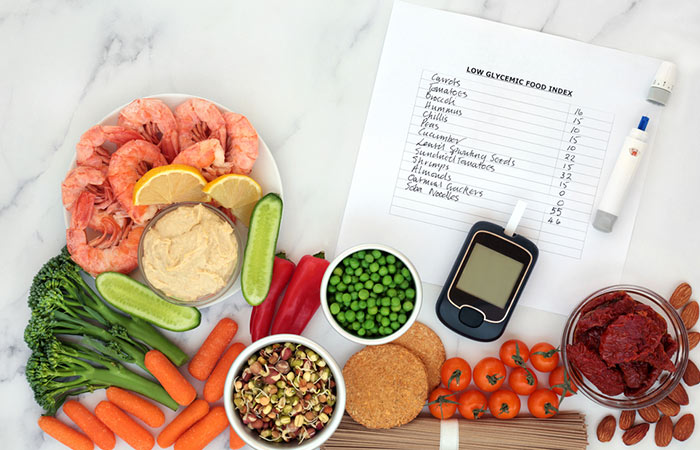
Though there are no studies to prove that diet causes acne, there are several factors to believe that it can influence acne ( 10 ).
Throughout the age of puberty, your body produces a hormone called the Insulin-like Growth Factor-1 or IGF-1. According to a study, IGF-1 promotes the sebaceous glands, triggering excess sebum manufacturing and acne ( 11 ). Several foods also increase the levels of IGF-1 in your body.
According to a study, foods that are most likely to increase IGF-1 in your body are:
Normally, refined foods tend to have high GI and GL degrees. The American Diabetic issues Association recommends a listing of foods with a high GI ( 13 ):
- White bread or bagel
- White rice and other rice items, such as rice-based pasta
- Pumpkin
- Corn flakes
- Puffed rice
- Instant oatmeal and other instant cereals
- Pretzels, snack items such as rice cakes and popcorn
- A few fruits and veggies such as pineapple, melons, potatoes, and pumpkin
- Dairy products such as ice cream, milk, yogurt, and cheese
- Sugary foods
According to the American Academy of Dermatology Association, staying clear of foods with high GI is just one of the best methods to prevent acne and acnes ( 14 ).
On the other hand, several foods with low GI can help improve acne. They include:
- Soybeans and soy products
- Foods rich in vitamin A, which include green leafy veggies like spinach and kale
- Green leafy veggies, such as spinach and kale
- Pastured eggs
- Foods rich in zinc, including fish like salmon, sardines, and mackerel
- Fish, such as salmon, sardines, and mackerel
- Flax seeds and mustard seeds
- Wild rice
- Nuts, such as almonds and walnuts
- Navy beans
- Beef (grass-fed)
Likewise, prevent changing to new products and checking out new treatments frequently because they will irritate your skin. If you are undertaking acne treatment or have actually begun complying with a regimen, offer it at least a month to function.
Infographic: Effective Ways To Treat Chin Acne
Acne is troublesome, irritating, and painful. It makes your life hard and affects your everyday activities as well. Thankfully, there are some therapies that can assist you lower and deal with the appearance of those painful acnes on the chin. These therapies can be performed in the house, or you can obtain an expert point of view before coming close to various other methods. Check out the infographic below to understand a lot more.
Illustration: StyleCraze Design Team
Get the high-quality PDF version of this infographic.
When dealing with chin acne, constantly stick to the treatment prepare for a minimum of a few months. You have to be patient and let the treatment or skin care regimen for a minimum of a month. Changing skin care products regularly and attempting new treatments and solutions can irritate the skin and aggravate chin acne.
You may comply with the ideas reviewed in the post and maintain a healthy way of life. Seek advice from a medical professional to recognize the underlying causes of chin acne and use the suggested medicines. This will assist you manage the breakouts effectively and protect against flare-ups.
Frequently Asked Questions
Is chin acne a sign of pregnancy?
Expectant ladies may create chin acne during the very first trimester as a result of increased hormone levels. However, creating chin acne does not suggest you are pregnant!
Does drinking water help chin acne?
Yes, boosted water consumption helps in reducing outbreaks as water flushes toxic substances out which may enhance the hydration of your skin and control sebum manufacturing. This may help in decreasing acne ( 15 ), ( 16 ).
Does coffee cause chin acne?
Yes, researches suggest that caffeine might increase cortisol degrees (stress hormone) which may lead to the development of chin acne( 17 ), ( 18 ). Additionally, heavily sweetened and milk-laden coffee might also exacerbate acne.
Do probiotics help treat acne?
Some research study suggests that probiotics can aid deal with acne and the linked swelling. Nevertheless, additional research study is required hereof ( 19 ).
Key Takeaways
- Hormonal changes, improper hygiene, stress, and certain skin products may cause pimples to appear on the chin.
- Maintaining good hygiene, reducing stress, and using gentle skincare products can help prevent this.
- Products with salicylic acid and benzoyl peroxide work well for chin pimples.
- Honey, turmeric and tea tree oil also help reduce pimples.
- It is advisable to consult a doctor if the pimples worsen or persist.

